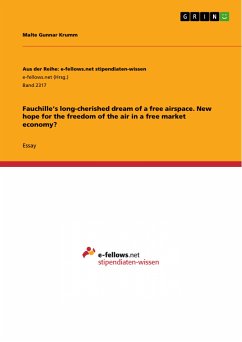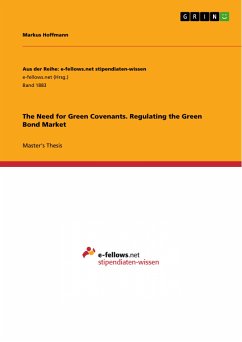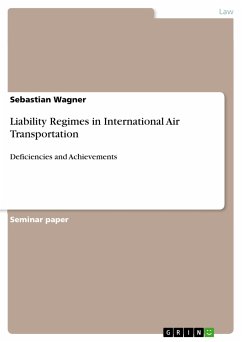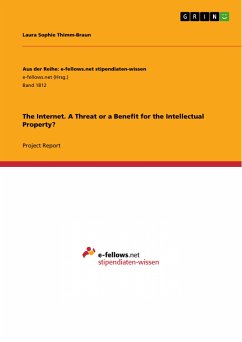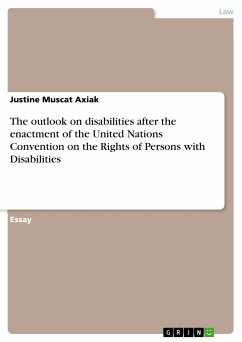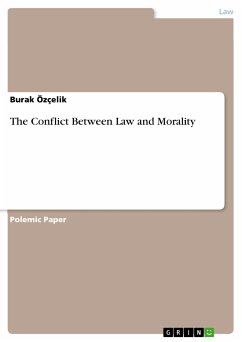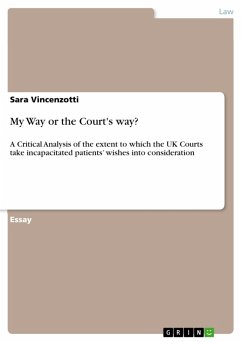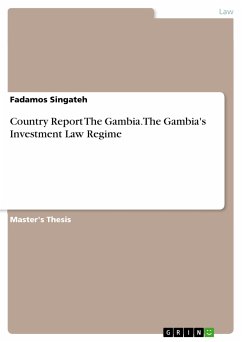Essay from the year 2017 in the subject Law - Miscellaneous, grade: 0,0, Trinity College Dublin, course: International Aviation Law, language: English, abstract: When Paul Fauchille presented his dictum "[a]irspace should be free as the High Seas [...] States should only have the territorial powers up to an altitude of 300 metres." to the public in 1901, it did not take long until the international community disagreed strongly. The fear of espionage, attacks and other abuse was too great to give up sovereignty over the own territories' airspace. This essay presents Fauchille's idea of the freedom of the air (Chapter 2) and compares it with a concept of airspace sovereignty (Chapter 3), focussing on origin, arguments, logical consistency as well as international and national state practice. Further, it will be analysed whether current trends towards a liberalised market in scheduled international civil aviation could influence the legal status of the air (Chapter 4). Finally, remaining fields of strict sovereignty on the international political stage will be identified (Chapter 5), before a conclusion is drawn (Chapter 6). The legal status of the air was not questioned for a long time. The states' inability to control the airspace and the circumstance that manned flights were not operated on a regular basis yet seems to have deterred states from any claims of sovereignty. However, the technological progress and the first short balloon flights in the late 18th century attracted the public's attention. Among others, the French lawyer and pioneer of air law Paul Auguste Fauchille developed his own concept for the legal status of the air, which will be outlined in the next chapter.
Dieser Download kann aus rechtlichen Gründen nur mit Rechnungsadresse in A, B, BG, CY, CZ, D, DK, EW, E, FIN, F, GR, HR, H, IRL, I, LT, L, LR, M, NL, PL, P, R, S, SLO, SK ausgeliefert werden.

